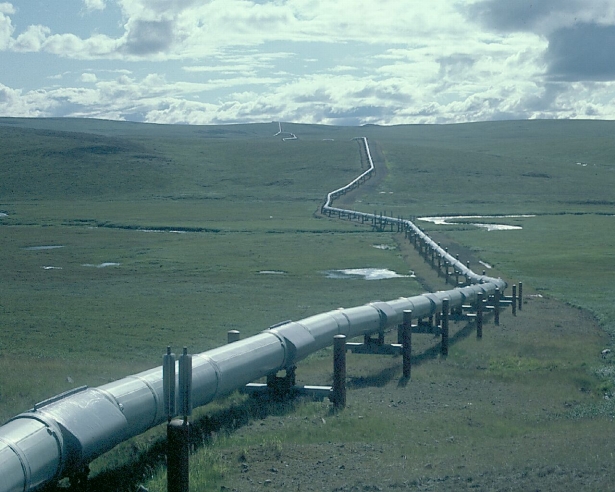Keystone XL rejection leads TransCanada to sue Obama administration
All the versions of this article: [English] [français]

CBC | 6 January 2016
Keystone XL rejection leads TransCanada to sue Obama administration
TransCanada has filed a lawsuit against the Obama administration and plans to file a claim under the North American Free Trade Agreement over the U.S. government’s rejection of the company’s proposed Keystone XL pipeline.
The company said Wednesday it has filed a notice of intent to initiate the NAFTA claim on the basis that the denial was not justified.
"TransCanada has been unjustly deprived of the value of its multibillion-dollar investment by the U.S. administration’s action," said the company in a release.
The firm says it will be looking to recover $15 billion US in costs and damages as a result of what it says is a breach of obligations under Chapter 11 of NAFTA.
"TransCanada asserts the U.S. administration’s decision to deny a presidential permit for the Keystone XL pipeline was arbitrary and unjustified," the company said.
Obama exceeded his power, says company
TransCanada says it has also filed a lawsuit in the U.S. Federal Court in Texas asserting that President Barack Obama’s decision to deny construction of Keystone XL exceeded his power under the U.S. Constitution.
Obama rejected the proposal in early November, stating it would not serve the national interests of the United States, even though the U.S. State Department concluded the pipeline would not have "significant impacts to the environment" and would benefit local communities with tax revenue and tens of thousands of jobs.
The 1,900-kilometre pipeline has been in limbo for more than seven years, and at times has been an irritant in U.S.-Canadian relations.
The project, which also became a focal point of environmental protests, would have shipped bitumen from Alberta’s oilsands through a pipeline hub in the Hardisty area to U.S. Gulf Coast refineries.
TransCanada says it had every reason to expect the pipeline would be approved since it met the same criteria as previous pipelines that were sanctioned.
"The denial reflected an unprecedented exercise of presidential power and intruded on Congress’s power under the constitution to regulate interstate and international commerce," TransCanada said.
See the lawsuit documents that TransCanada filed here.
See TransCanada’s documents showing intent to file a NAFTA challenge here.





